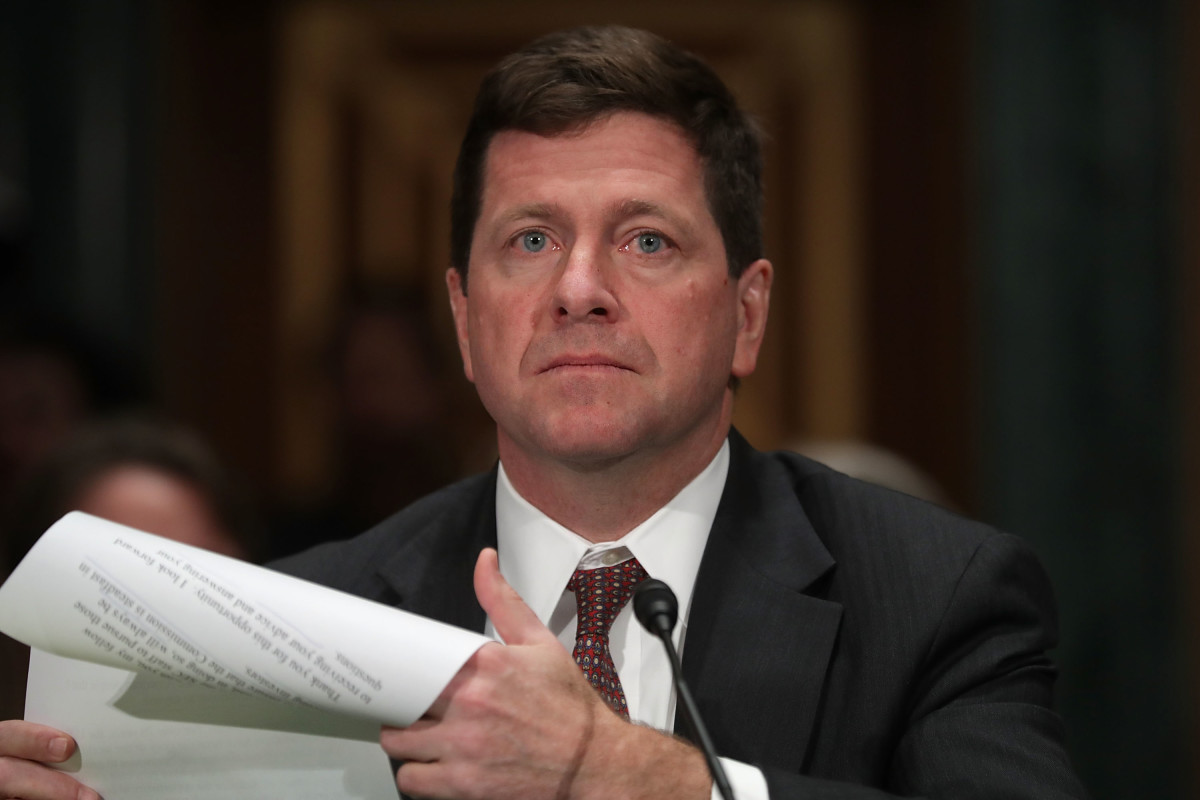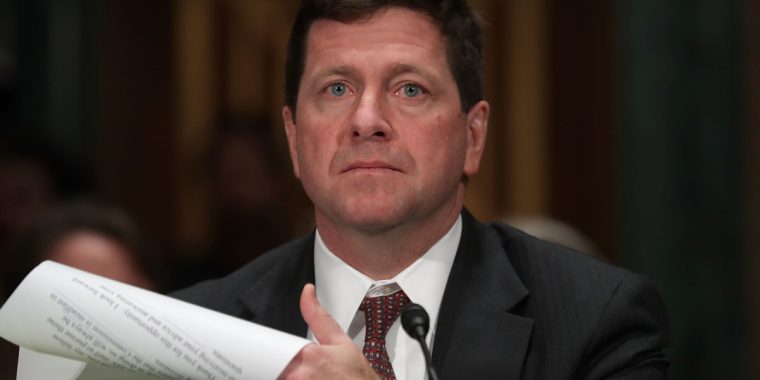One thing I won’t miss about the presidential campaign season is listening to long, rambling speeches. I know that some candidates prefer to go … off-script, I can’t help but wish that someone had turned to an editor for help.
I like to imagine all of the different iterations that those scripts would go through — all of the different cross-outs, underlines, and comments in the margins. All of the different versions with different dates, with different authors cautioning against using certain phrases.
It almost feels quaint to imagine a thoroughly political stump speech these days, or even the relevance of having a “speechwriter” at all. But today I want to talk to you about what they would do, and what those stump speeches would look like if a decent speechwriter got their hands on one.
Today, I want to talk about: rrredline.
Sorry, blllackline.
No no, wait, cooommparison.
I should really start changing the way that I say that. But anyway, we’re getting off-tracks, I mean, track. Well both really.
So, what are tracks?
Well, DeltaView gives complex document users an easy way to compare two documents and … hang on, my PR just commented on my script. Well, thank goodness for co-authoring. She says I need to stop confusing people and just focus on one thing at a time. I don’t think she realizes that in the contract world, those are virtually synonyms. People use redline, blackline, comparison, tracks, and DeltaView interchangeably. Furthermore, diff, compare, and ChangePro are used as well.
Confused yet?
But before we get into that, the gist is that, whatever you call them, they simply show the changes between one document and another version of that document. They are what happens when multiple people give input into one or more documents. They’re especially common in contracts.
They make it easier to edit for purposes of grammar, spelling, accuracy, input, and optimization. They can be used within a party to send out a “perfect document” or in conjunction with other parties as part of the negotiation process.
But let us get to the purpose of this post. In fact, in the electoral spirit of the season, let’s take a vote on which name is the one name that will rule them all. What is the official title for this little editorial marking?
Now, you may not see a need to have one predominant name for something like this. You might be thinking this is all just semantics … and you would be exactly right! But the law is simply semantics in a suit — semantics are the building blocks of contracts, the atoms of a world of exchange. To dismiss something because it is “merely semantics” is to throw out jurisdiction as a whole — it would be prejudice against a lesser-known group of language. Anti-semantics!
So, let’s narrow down our options. I got the suggestions of numerous colleagues and competitors, and these are the conclusions I managed to come to in a relatively short space of time.
I think the two most obvious ones to eliminate from the outset would be DeltaViewer and ChangePro. These two are the first to stand out because they are the names of a business-specific system. The process extends beyond any one company name, so we can scratch these names off.
Next is diff — no offense to the guy who came up with this one, but you must either be really bored or really boring. I imagine diff refers to differ but who knows. It could refer to difficult, diffident, diffusivity — even a diff lock. Besides, if we were to campaign for diff’s victory the best slogan, we could come up with would be “diff is kiff” — which is outdated. … Oh wait, my PR is commenting on my script again. Apparently “diff” is a formally accepted term regarding computing that means, “to compare files in order to determine how or whether they differ.” Which keeps diff in the running for now.
Comparison and her campaign manager, Compare, won’t take us too long. Comparison is not only the thief of joy but also the root of all inferiority; and while some people think a thief would be perfectly appropriate for the industry, no one, particularly lawyers, would allow inferiority within 50 feet of them. Looks like these two are out of the race.
At first glance, Tracks seems like a worthy candidate — succinct, sensible, and simple. But just like when you name a child, you must consider the jokes and nicknames that can be made with it. Opposites a tracks, a tracks athlete, a tracks suit, a-tracks-ia — for the level-headed. There are just way too many potential bad puns to even consider this unlucky contender. And besides, it already has seven different extant definitions.
Finally, we’re down to two: redline and blackline. I don’t want to politicize documentation any more than it already isn’t.
And redline? Well, while diff seems to be the most appropriate, redline is still the most popular, so we can’t just throw her out. After all her slogan is, “the bottom line is redline.”
Which I guess leaves us with a tie.
I guess we’ll have to wait for the Supreme Court to weigh in.
P.S. Remember to vote tomorrow. Every vote counts!
 Olga V. Mack is the CEO of Parley Pro, a next-generation contract management company that has pioneered online negotiation technology. Olga embraces legal innovation and had dedicated her career to improving and shaping the future of law. She is convinced that the legal profession will emerge even stronger, more resilient, and more inclusive than before by embracing technology. Olga is also an award-winning general counsel, operations professional, startup advisor, public speaker, adjunct professor, and entrepreneur. She founded the Women Serve on Boards movement that advocates for women to participate on corporate boards of Fortune 500 companies. She authored Get on Board: Earning Your Ticket to a Corporate Board Seat and Fundamentals of Smart Contract Security. You can follow Olga on Twitter @olgavmack.
Olga V. Mack is the CEO of Parley Pro, a next-generation contract management company that has pioneered online negotiation technology. Olga embraces legal innovation and had dedicated her career to improving and shaping the future of law. She is convinced that the legal profession will emerge even stronger, more resilient, and more inclusive than before by embracing technology. Olga is also an award-winning general counsel, operations professional, startup advisor, public speaker, adjunct professor, and entrepreneur. She founded the Women Serve on Boards movement that advocates for women to participate on corporate boards of Fortune 500 companies. She authored Get on Board: Earning Your Ticket to a Corporate Board Seat and Fundamentals of Smart Contract Security. You can follow Olga on Twitter @olgavmack.




 Jordan Rothman is a partner of
Jordan Rothman is a partner of 


 Tom Kulik is an Intellectual Property & Information Technology Partner at the Dallas-based law firm of
Tom Kulik is an Intellectual Property & Information Technology Partner at the Dallas-based law firm of 








 Olga V. Mack is the CEO of
Olga V. Mack is the CEO of